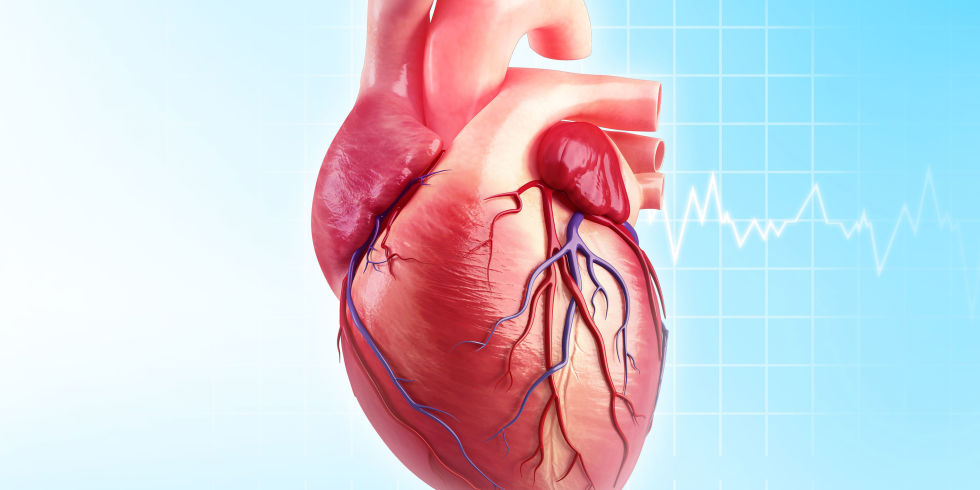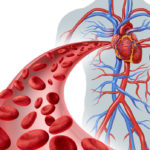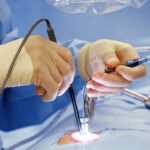
Congenital Heart Defect: Fast Recovery from Effective Surgical Procedure
What Is Congenital Heart Disease?
Congenital heart disease or even, a congenital heart defect is a heart aberration existing at birth. The problem can distress:
- the heart walls
- the heart valves
- the blood vessels
There are several types of congenital heart defects. They are wide-ranging and start from simple disorders that don’t cause signs to complicated issues that cause severe, life-threatening indications.
What Are the Symptoms of Congenital Heart Disease?
A congenital heart defect is every so often noticed during a pregnancy ultrasound. Consult with a most reputable Dr. SK Sinha that will check your abnormal heartbeat, for example; they might further scrutinize the problem by doing various examinations. These can consist of an echocardiogram, a chest X-ray, or an MRI scan. If a diagnosis is done, your specialist will ensure the right consultants are available throughout delivery.
In some cases, the indications of a congenital heart defect might not seem unless soon after birth. Infants with heart defects might undergo:
- bluish lips, skin, fingers, and toes
- panting or difficulty in breathing
- feeding troubles
- low birth weight
- chest pain
- hindered development
In other cases, the signs of a congenital heart defect might not appear unless several years after birth. Once indications do progress, they can include:
- abnormal heartbeats
- faintness
- difficulty in breathing
- blackout
- inflammation
- exhaustion
How Is Congenital Heart Disease Treated?
The treatment for a congenital heart defect depends on the category and sternness of the diseases. Some newborns have minor heart flaws that restore on their own with time. Others might have serious flaws that need comprehensive treatment. In these conditions, treatment might take in the following:
Medications
Several medications can assist the heart functions more powerfully. Some can also be utilized to stop blood lumps from developing or to control an asymmetrical heartbeat.
Open-Heart Surgery
This type of surgery might be necessary if catheter processes aren’t sufficient to treat a congenital heart defect. A specialist may do open-heart surgery to close holes in the heart, renovate heart stopcocks, or extend blood vessels.
Heart Transplant
In the sporadic conditions in which a congenital heart syndrome is more complicated to repair, a heart relocates might be necessary. Throughout this procedure, the child’s heart is replaced with a healthy heart from a giver.
The treatment for congenital heart syndrome in adults can also differ depending on the sternness of the heart defect. Some people might only have to notice their condition closely, and others might need medicines and surgical treatment.



